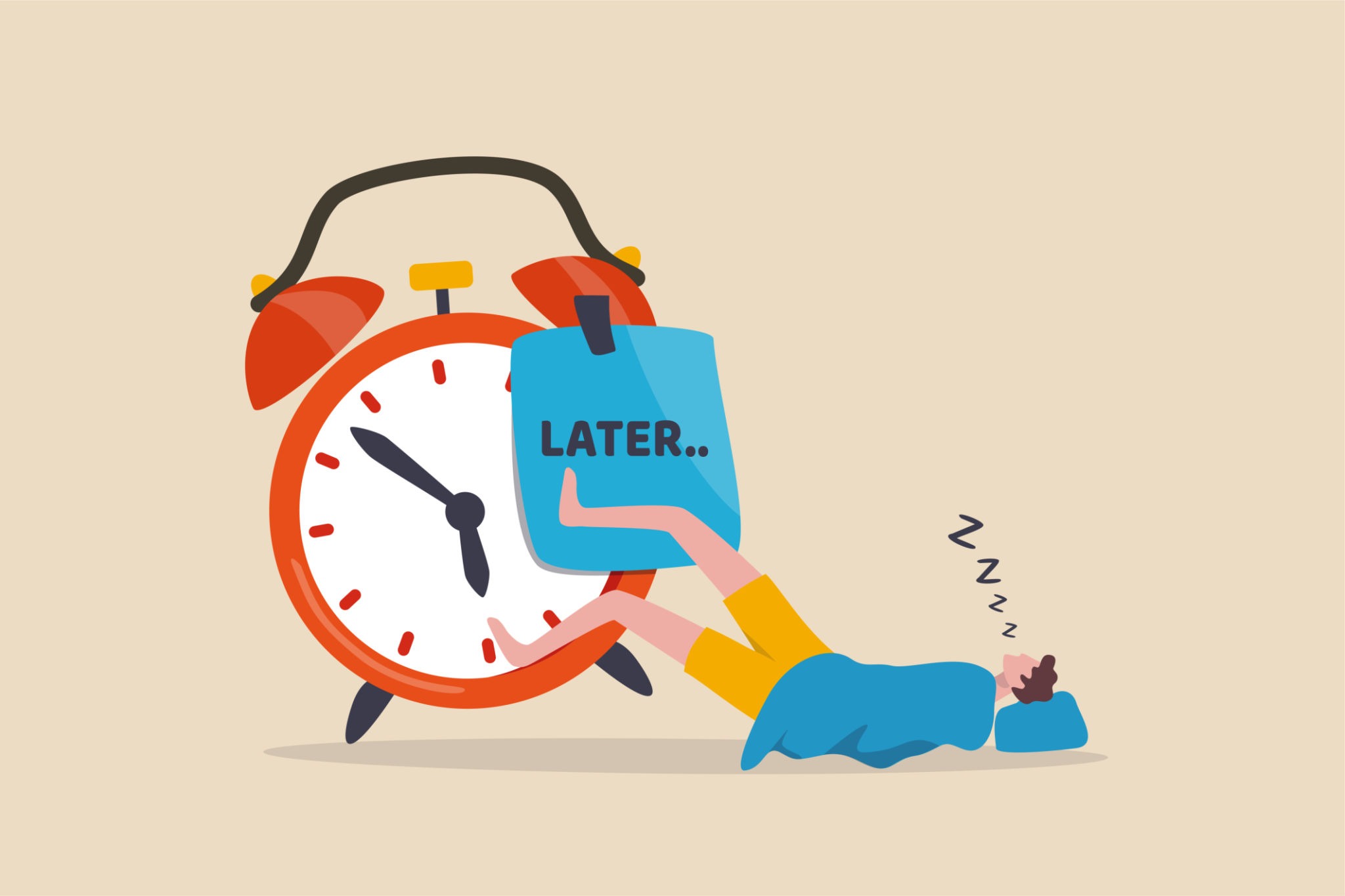The Nature of Procrastination
Putting off until tomorrow what can be done today is a deeply established pattern of behavior. This habit affects people in different situations – for example, school and work environments or personal life undertakings. It goes beyond routine and touches intricate parts of human mind-workings as well as decision-making processes. At its heart, procrastination refers to the postponing of tasks or duties usually with immediate delights instead. Such preference for instant happiness joined with an unwillingness to face difficult or unpleasant activities constitutes procrastination.
The Need for Immediate Satisfaction:
One key thing that drives procrastination is individual’s love for immediate rewards. Presently, individuals want things done quickly; they need fast entertainment, fast information gathering and sharing through social networks among others which give pleasure instantly. Sometimes when one encounters something that requires effort or seems boring he/she may be tempted into doing enjoyable activities like scrolling down their Instagram wall posts without considering the consequences later on if anything at all happens then this person has fallen victim to what psychologists call “hyperbolic discounting”. In other words people tend to choose short termed satisfactions over long term goals which leads to inefficiency in work done and creates more opportunities for delay.
The prioritization of immediate satisfaction within contemporary society is made even worse by the fact that it normalizes procrastination as a habit. For example, social media apps use instant feedback loops like “likes,” comments, and notifications to keep users engaged–but this can also distract them from getting things done or paying attention in general. So not only does procrastination become an individual problem but it becomes part of wider culture too; we’re all affected by it because our world encourages us to put off what we could be doing now for something else later on–and never mind if those other things don’t happen either!
Fear of not succeeding and perfectionism:
The fear of failure is one more main reason why individuals procrastinate, perfectionism being the intersection in most cases. Many people put off doing something due to their concern that it will not turn out as expected by themselves or others. Procrastination is driven by perfectionism, which is an irrational belief system that insists tasks should either be completed faultlessly or not attempted at all, because it creates an unreasoning desire for perfect results and dread of making errors. Thus, fearing to achieve less than ideal state persons may never start working on task thus starting new rounds of self-doubt.
The fear of failing again deepens patterns in procrastination as individuals continue to evade negative feedback from past experiences with failure. For example, such events include a teachers’ disapproving comment about your work ethics, getting low scores on assignments or failing at relationship building among peers. These instances can dent ones ego leading them into believing that they are not good enough hence causing even greater inclination towards delaying actions until the last moment possible as a way of dealing with such feelings about oneself.
Procrastination as a Way of Dealing with Things:
Putting things off is often used as a coping mechanism when we are overwhelmed by stress, anxiety or any other strong feelings. When faced with an enormous task or an impending deadline, people may procrastinate in order to take some time out from the pressure and worry that come with it. By delaying what needs our attention right now, we create for ourselves only a short-lived sense of relief and escape from immediate problems.
Yet this avoidance behaviour does nothing but add fuel to underlying fires; it perpetuates procrastination while at the same time increasing anxiety levels. Over time this can lead to ever greater stresses; tasks pile up – deadlines draw near – one feels more and more useless. Worse still, because you don’t start doing anything about them until later on (if ever), not only do such habits prevent us from learning how best cope with difficulties but they also stop us acquiring necessary problem-solving skills – thus making bad patterns harder still!
The Significance of Impulsivity and Self-Control:
Impulsiveness and poor self-regulation are two more factors that contribute to procrastination. People who cannot control their actions or manage their time properly often put off things until later because they get distracted or give in to temptation. When there is no plan or deadlines set by oneself, assignments tend to be delayed until the eleventh hour which increases stress levels and leads to subpar results.
Moreover, impulsive procrastination is fueled by ubiquitous digitalization and online diversions which make it even harder for individuals to fight the temptation of social networking sites, fun content among others instant gratification platforms. The presence of smartphones, tablets and other gadgets all around only serves to keep people stuck in a loop of being sidetracked thus making them unable to prioritize tasks well and effectively plan how they will utilize their hours.
Overcoming Procrastination:
Even though procrastination might look like an impassable hindrance, there are various methods which people can employ to not only reduce its effects but also better their productivity. The first step is gaining self-consciousness and comprehending the root causes of idling that should trigger transformational efforts. Taking stock of specific stimuli for instance fear of failure, perfectionism or anxiety will enable individuals to deal with them in advance as well as develop healthier coping mechanisms.
Furthermore, breaking down assignments into smaller tasks can help alleviate procrastination by making them seem less overwhelming or intimidating. This can be achieved through setting goals that are achievable within a given time-frame thereby creating an environment of discipline and ensuring one takes responsibility towards their duties thus enhancing output. Also, it is important for people to have mercy on themselves while debunking fallacies associated with being too perfect and failure so that they may adopt more realistic mindset about accomplishment vis-a-vis success.
In addition, another thing one can do is finding ways of boosting impulse control and self-discipline such as minimizing interruptions from electronic gadgets: this will enable them remain attentive throughout the period required by each task hence becoming productive.A person can focus more and follow through on their objectives by eliminating distractions and creating a good work environment.
Also, motivation is essential in ensuring that individuals remain focused towards their goals. This may be done by setting rewards whenever certain targets are achieved because it acts as a form of positive reinforcement which makes one feel appreciated for what they have done so far or even if it’s something small like giving oneself some treat after completing tasks; this will still help strengthen commitment levels towards attaining those desired outcomes while at the same time fostering self-satisfaction.
In conclusion,
People need to be patient enough not to give up easily when things get tough but rather see them through till the end. One should learn how to anticipate such situations before they occur and deal with them accordingly thus breaking away from procrastination habits forever. For example one might start thinking ahead about potential obstacles that could arise along his/her path then figure out ways in which he/she can overcome those challenges hence enabling him/her realize maximum productivity within shortest time possible without wasting much energy on unnecessary activities. By continuously practicing these principles over an extended period there comes a point where laziness becomes an opportunity for personal growth instead of being viewed negatively all the time.































